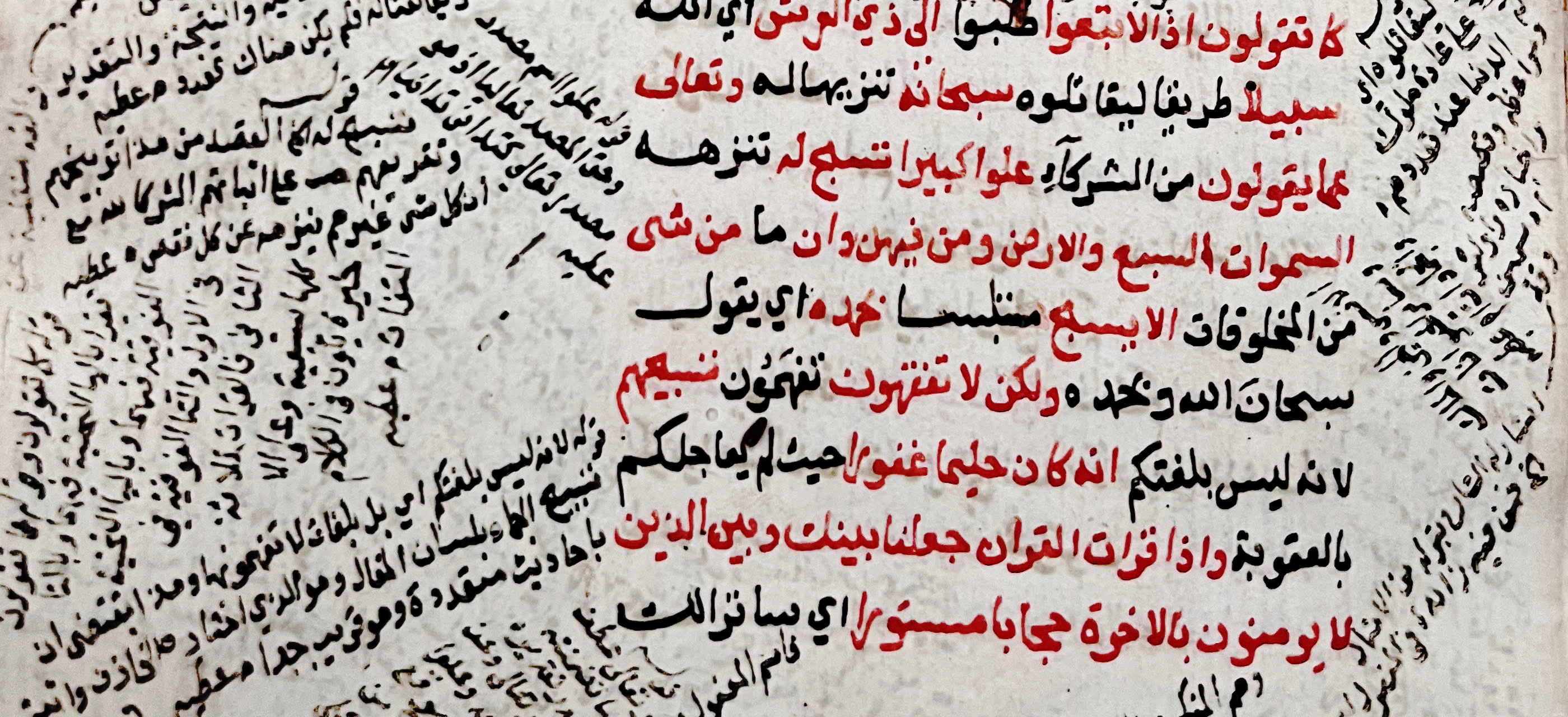Falaj and Agreement
Contenu
- Titre
- Falaj and Agreement
- Créateur
- Simonen, Katariina Voir tous les contenus avec cette valeur
- Date
- 2021
- Dans
- Ancient Water Agreements, Tribal Law and Ibadism: Sources of Inspiration for the Middle East Desalination Research Centre – and Beyond? Voir tous les contenus avec cette valeur
- Résumé
- Omani irrigation channel (qanat falaj) construction is very old. The identity of the original qanat builders is still debated by the research community. An Omani legend ties the existence of specific daudi falaj to the times of King Solomon of the Old Testament. Persian Achaemenid Shahs and Sasanian Shahs actively encouraged channel construction in the region. Whomever the original builders were, these systems have provided communities in the northern Omani interior with water for irrigation and domestic use for at least 1500–2000 years. Villages form microcosms in which a falaj organization has a clear social and economic structure, based on an accurate and fair system of water distribution. Over 3000 falaj are still very much in use, providing over one third of irrigation water today. Unlike meticulous regulation in Persia proper, Omani irrigation law was devoid of unnecessary legislation. Customary principles and Islamic law were consolidated into a harmonious whole. This was accomplished the Islamic legal scholars, the ulama. Fair dealing, consultation and collective responsibility created relative harmony at the level of the villages. Most disputes, if any, were settled in consultation with falaj officials, wakil and arif.
- Editeur
- Springer International Publishing Voir tous les contenus avec cette valeur
- Place
- Cham
- Langue
- eng
- rédacteur
- Simonen, Katariina Voir tous les contenus avec cette valeur
- pages
- 85-110
- ISBN
- 978-3-030-85218-4
Simonen, Katariina, “Falaj and Agreement”, Springer International Publishing, 2021, bibliographie, consulté le 18 septembre 2024, https://ibadica.org/s/bibliographie/item/11097
Position : 1336 (11 vues)

